In the year my parents died, 2014, I had a full-time academic post, very little time and unacknowledged grief. Every Wednesday afternoon (the last day of the working week in Iran) I sat in my office and wrote a letter.
(My office at the university, photo by me)
The collection of letters took on the name Words Left Unsaid. The first letter was addressed to Mama, who had died with lots of unsaid words inside her; the second was addressed to Baba, who had been out of reach in the last years of his life - or so I thought. The letters took shape mostly spontaneously. The letter writing may have been a way of processing my grief by tracing the connections to places and people out of reach one way or another.
In an uncanny turn of fate, my university was inside the precinct of the Abd ol-Azim Shrine in Shahrerey, the Tall Dark Stranger’s hometown in the south of Tehran, which I first visited at around this time, in early February 1989. But I am running ahead of myself.
(Photo by me, taken from my favourite corner of the courtyard of the shrine, on my last day of work at the university, 23 January 2018)
That visit, my very first time out of Europe, marked the beginning of a long, close relationship with Iranian culture and everyday life on both personal and academic levels. This letter was written in 2015 and was addressed to the Tall Dark Stranger’s younger sister who is a few months younger than me. She turned twenty-four the day I arrived in Tehran.
Dear Mansoureh
When I rang you at around the 20th of January 1989 to tell you that I would be coming to Iran, you did not understand me. You were right too: I only spoke about fifty words of Persian, and God knows what that sounded like.
I was working for Iran Air at Heathrow Airport at the time. It was coming up to the tenth anniversary of the Islamic Revolution, and Iran Air used to host some of its overseas personnel to a ten-day trip to Iran. I had only started work for Iran Air only two months before that, so I had no hope of being selected for the trip.
Then one day, as I sat at my desk, my manager came up to me and asked whether I had a valid passport. Would I like to go to Iran for the anniversary celebrations? The following day the office clerk took my passport to the Iranian Embassy for the visa, and a week later, on Thursday 1 February 1989 I boarded the Iran Air flight to Tehran as an official Iran Air guest “on the auspicious occasion of the tenth anniversary of the Islamic Revolution” (so it was phrased on my invitation). It transpired that most of the non-Iranian employees in the London station had already been to Iran, and the two who hadn’t been could not go because of other commitments.
The Tall Dark Stranger was surprised - possibly also worried about what impression I would make on the family. He must have been right: I was so simple-minded, almost child-like, and had absolutely no idea of the rituals and the conventions that I would later observe, analyse as an academic and internalise.
As for your reaction, I found out later from The Tall Dark Stranger that you and the family had been equally worried about how to make me feel comfortable and about what I, the foreign bride, would think about everything.
I was travelling with a colleague from the Iran Air town office in Piccadilly who was married to an Iranian and was able to explain things to a wide-eyed foreigner such as me. I was so excited I could hardly sit still. As the airplane approached Mehrabad Airport, and I saw Tehran covered in snow and the Azadi monument standing like an intricate table ornament on a spotless tablecloth, I got out of my seat to look, and got told off by the air steward for undoing my safety belt.
(Photo by Sam Moghadam on Unsplash)
I was deeply in love with the Tall Dark Stranger, whom I had married ten months before in Greece, without ever having seen his country or his family. He was still in Athens waiting for his UK visa, and now I was about to get to know his country and his family.
When we got to the airport, I used a toll-free telephone to let Mansoureh know that we would be going to a hotel, and that I would ring them again from there.
An Iran Air driver drove us to Hotel Homa. I felt as if I had stepped into another world: it was just six months after the end of the Iran-Iraq war. Tehran was emerging out of the ashes rendered all in black, various shades of grey and no white, except for the snow, which also turned to a muddy squelch under worn-out tyres and polluted air. It sounds a rather bleak picture, doesn’t it? But I remember flutterings of excitement with every never-before-seen image that passed before my eyes.
I was shown to my room and was just freshening up, when the phone rang. The receptionist said, “Ma’am, your father-in-law is waiting for you in the lobby.”
Dear Mansoureh
How did you know where to come?
I opened my suitcase in a hurry and retrieved a black chador I had borrowed from my friend Eleni back in London. She had explained that Shahrerey, or Shabdolazim, the Tall Dark Stranger’s home town in the south of Tehran, is a pilgrimage destination because the saint Hazrat Abdol-Azim is buried there, so a black chador is to be worn in the street. I found the idea of wearing a chador exciting, just like a child dressing up. The trouble was that I was one hand short: overnight bag in one hand, bag with presents in the other and the missing hand to crumple the chador in place under the chin. (Later you showed me how to hold the one side of the chador between index and thumb and use the rest of the fingers to pull the other side over the first tidily).
Did I look ridiculous as I stumbled out of the lift to meet your father and you? As it turned out later, the chador was too short for me, because my friend Eleni was both thinner and shorter than me. And the one end of the chador hung lower than the other. Haj Nasser the Blacksmith, as he introduced himself, was shorter and stockier than the Tall Dark Stranger and sported a three-day greying stubble, chapped, blackened hands and a permanent smile. And you, dear Mansoureh, were teaching at primary school then. You were the same age as me but were still single, so you had those beautiful Iranian eyebrows still unspoiled by the beautician’s tweezer-happy hand over your hazelnut, almond-shaped eyes.
We drove through the streets in an old bottle green Peugeot, which, as I found out later, had been borrowed from a cousin. The cars and pick-up vans on the road were wounded and worn out but patched up, testimony to Iranian inventiveness and resilience, the spirit of ‘making do’ that this brave nation recovering from war had to summon.
I had no idea in which direction we were travelling and could see no landmarks I could use to work out my bearings. Down a long street (Mostafa Khomeini Street, I learned later) above the rows of shops the beauty of the old Qajar-period buildings showed through. Façades were flanked by ornate columns, with lunettes in blue, green and yellow, decorated in polychrome tiles: they struck me like an old, faded beauty on whose face the previous glory lives on.
Do you remember when we passed by a throng of people gathered on the pavement? Some peddlers had ranged their wares on pieced of fabric on the ground. That was at Mowlavi Square, I found out later, where even today stolen goods are sold underground.
“Is this a flea market?” I asked you. “We have something like this in Athens too!”
“Yes, they sell second hand goods,” you answered me, carefully avoiding any mention of stolen goods. Years later you told me that you did not want to give me a bad impression as soon as I had got there.
We reached Shoush Square and took the road to Shahrerey, a long road south (I worked out the direction later), straight and dreary, lined with low-rise mud brick workshops with frayed shop signs. Eventually we arrived at Shahrerey Square and turned left. The entrance to the family house, no 214 Twenty-Four Meter Avenue, was through a narrow ironwork gate next to Haj Nasser’s blacksmith workshop.
He rang the bell.
“Who is it?” a female voice asked through the intercom.
“Open the door,” he answered.
Can’t just anyone say that? Is he going to ask again? Is she going to ask again? The door buzzed and Haj Nasser pushed the door.
“Is it open?” the voice asked again. (Much later, I learned that this is a formulaic exchange: it happens every time. Identifying yourself through the intercom or on the telephone was - at the time - the mark of the foreigner. I don’t know if it’s changed now.) Haj Nasser lifted the thick green curtain just behind the gate and said, “After you, ladies.”
We went through a dark, narrow corridor and into a yard with an oblong pool on the left; I recognised the red potted geraniums from the photo the Tall Dark Stranger had sent me in his first ever letter. Two more members of the family stood by the front door: his mother, slim, with the same hazelnut eyes and benign smile as the Tall Dark Stranger, and his youngest brother, Mehdi, shorter and much younger, but quite similar to him. She hugged and kissed me three times and welcomed me into their home. I took off my shoes just outside the door and was led into a room without furniture but with a hand-knotted carpet with intricate floral patterns on a dark red background. (This carpet was the first real Persian carpet I ever sat on. When it became threadbare, Haj Nasser wanted to donate it to the local mosque but I asked him to donate it to us because at the time we were poorer that the mosque. It lived for years in our bedroom in Tehran; we had grown too attached to give it away.)
Mansoureh went off to the kitchen. We sat down and started started talking about my family, England, my job with Iran Air. My knowledge of Persian at the time was rudimentary: I struggled with words and gestures to make myself understood, but the linguist in me found it enjoyable, if hard going.
Do you remember how funny I found your tea-drinking habits?
You came into the room with a tray of narrow-waisted tea-glasses and a bowl of irregularly-shaped cube sugar called ghand without tongs or a tea-spoon. I asked for sugar and a spoon, upon which the mother, who had been to Iraq and Saudi Arabia, exclaimed in surprise, “So you drink sugared tea like the Arabs!”
I looked at how you did it. You put the ghand in your mouth between the bottom teeth and the tongue and let the tea wash over it until it dissolves. But the first mouthful is much sweeter than the later ones. So why do you do this? I asked you. The sweetness of the ghand distorts the tea flavour, so one can only appreciate it by the gradual decrease in the sweet taste.
Soon afterwards you laid large piece of fabric on the floor with an oilcloth over it.
This was my first experience of a traditional Iranian meal in Iran. You set places with spoon and fork. One of the plates was of the same design as the green melamine plate that the Tall Dark Stranger had brought with him to Athens. I sat down where this plate had been set. You then took the plate away and put another in front of me.
“This is an old plate; you’d better use one of the new ones,” you said.
“But I like this one. Can I please use it?” I felt closer to him this way.
(Photo by me)
The four of us sat down to a veritable feast for me at the time, after months of airport canteen meals and Instant Soups: a thick barley soup with chicken, mixed vegetables and parsley; yogurt with mint and grated cucumber; fluffy, white rice with a stew of lamb, yellow lentils and thin strips of fries.
The mother kept refilling my plate in order to make sure I was not too shy to eat my fill as an Iranian might do. I finally remembered the magic words that gave her the signal to stop.
“May your hand not be tired, it was very tasty,” I said.
Soon afterwards, she asked me to call her “Maman jun” (mummy) and to feel at home.
When I offered to help you with the washing up, Maman jun insisted that I remain seated because I was a “guest” and consequently it was their duty to look after me and ensure my comfort. When I pointed out the discrepancy, Haj Nasser laughed and said I was too clever for my boots.
After a long day of trying to communicate using a limited vocabulary, meeting new relatives and processing many new impressions I was ready for bed - so to speak. You opened the double fitted wardrobe and pulled out everybody’s bedding: thick mattresses made of cotton and covered in colourful, flowery fabric, heavy duck-down pillows and blankets with sheeting sewn on, which reminded me of my childhood and how my mother used to do the same with my blanket.
You normally slept downstairs in the sitting room with your parents and Mehdi, but that night you intended to come upstairs. I didn’t want to get you out of your usual sleeping place and assured you that I could sleep upstairs on my own. After all, I had been living on my own in England for the last two years.
Both Maman jun and you would hear none of it. What if I needed something during the night? Mehdi carried two mattresses and a tray with a water jug and two glasses upstairs to the guest room.
“Whatever you need, any time of the night, just wake me up,” you said.
For the first time in the year and a half after I left home for university in England, I had the warm feeling you get when you return home and your mother cooks your favourite dish. Only this was hundreds of miles away from home, among people I had just met, who were kind not because I was their bride, but because this is who they were.
When I woke up at 3 am to ‘go to the yard’ - the outdoor toilet - I was too embarrassed to wake you up. I groped for the corridor light switch and started down the stairs. You must have sensed the movement and followed quickly, overtaking me by the front door.
“You’ll freeze outside. Put on a jacket, here,” you said, handing me a thick, hand-knitted jacket from the hanger behind the door.
“I’ll come with you if you’re scared,” you told me.
Back in Kassos, my little sister Eleni used to wake me up to go to the toilet with her, because she was scared to go on her own. I was too sleepy to say all this, and didn’t have the words. “No, I’m not scared.”
Despite the sub-zero temperature outdoors, indoors was literally boiling – the water pot on the gas heater upstairs was on a low boil throughout the night. In fact, it was so hot that I got a stuffy nose. In my sleep, I rolled over on the floor and stuck my nose under the full-length window, where some cold air came through the window frame. You thought I had rolled over out of the mattress because I wasn't used to sleeping on the floor.
I came downstairs and I sat next to Haj Nasser for breakfast. You brought tea in the same little glasses along with a sugar jar. Awww, I thought to myself, how thoughtful! Haj Nasser scooped four or five deep scoops of sugar into his glass, glancing at me with a playful smile. Was he playing a joke on me because of my ‘foreign’ tea-drinking habits? But then again, sugar was still rationed just after the war; he wouldn’t waste so much sugar, would he, just for a joke?
When the rest of you sat down to breakfast and repeated the sugar scooping I thought, well - what is going on? It turned out that breakfast consists of thin, unleavened bread with white goat’s cheese (like the Greek feta) or butter and jam, washed down with sweetened tea. Since mouth is stuffed, ghand cannot be used.
***
This week I revisited that first time in Iran, trying to recapture the curiosity and the excitement of my younger self, and the sincerity and authenticity of these early, warm connections. Over the thirty-six years since, I let the dust of disillusionment and grief settle over them and dull their shine. But they still peek out from time to time. I’ll dust them off and let them out into the sunlight again.


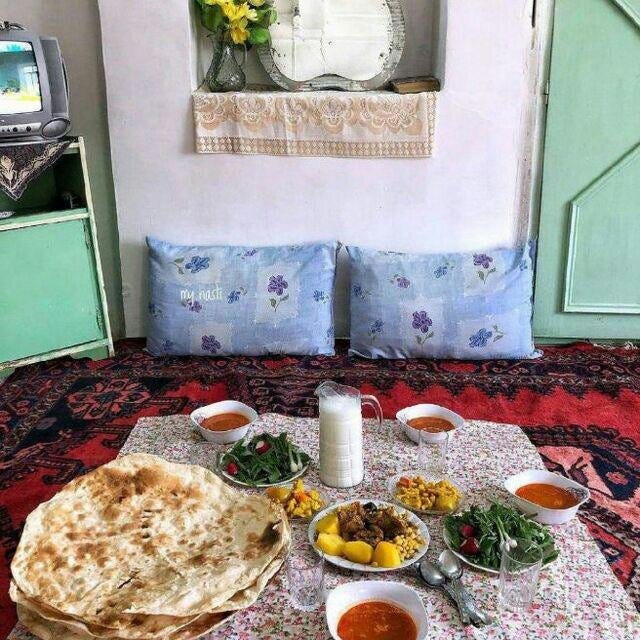
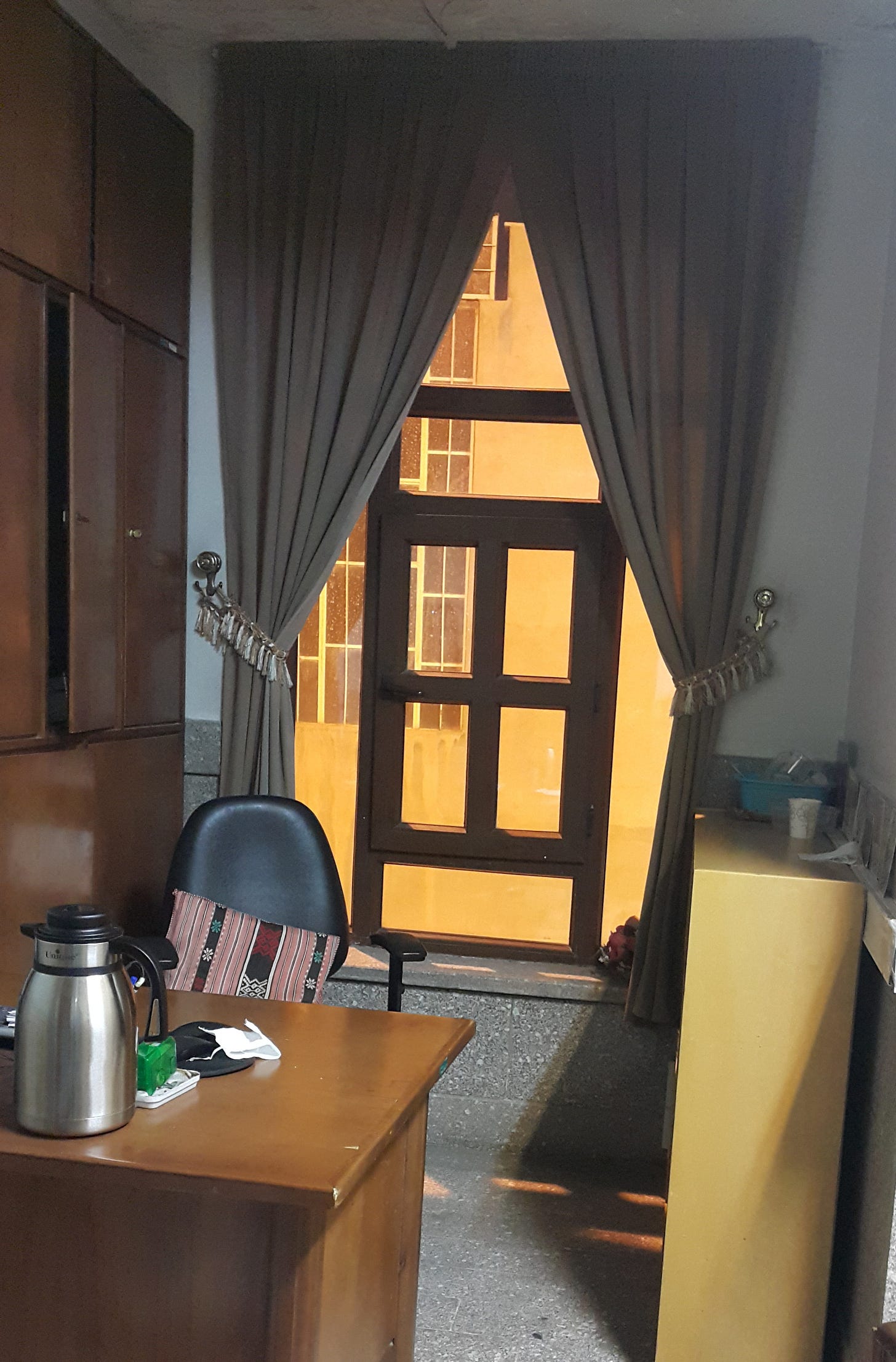
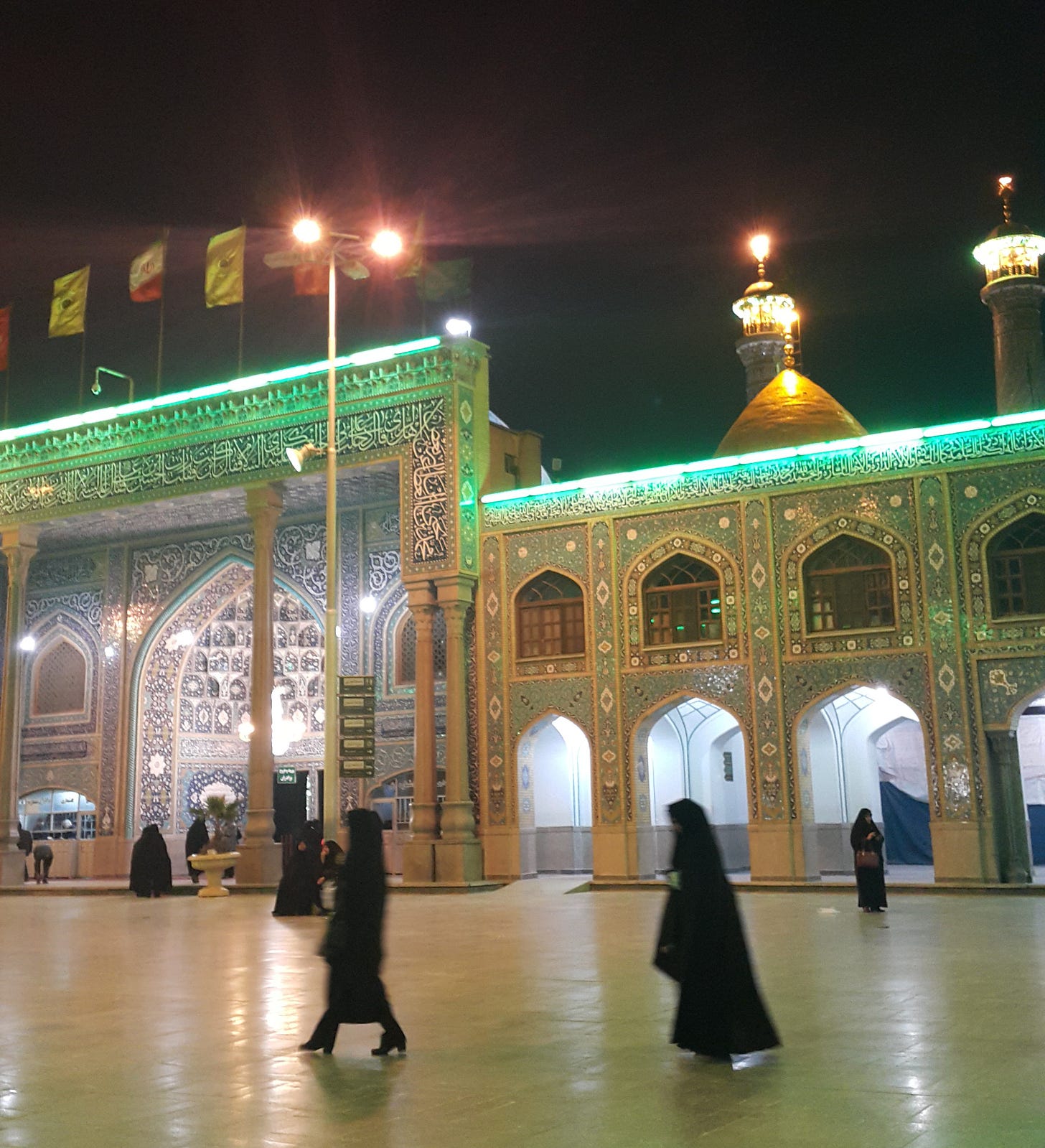
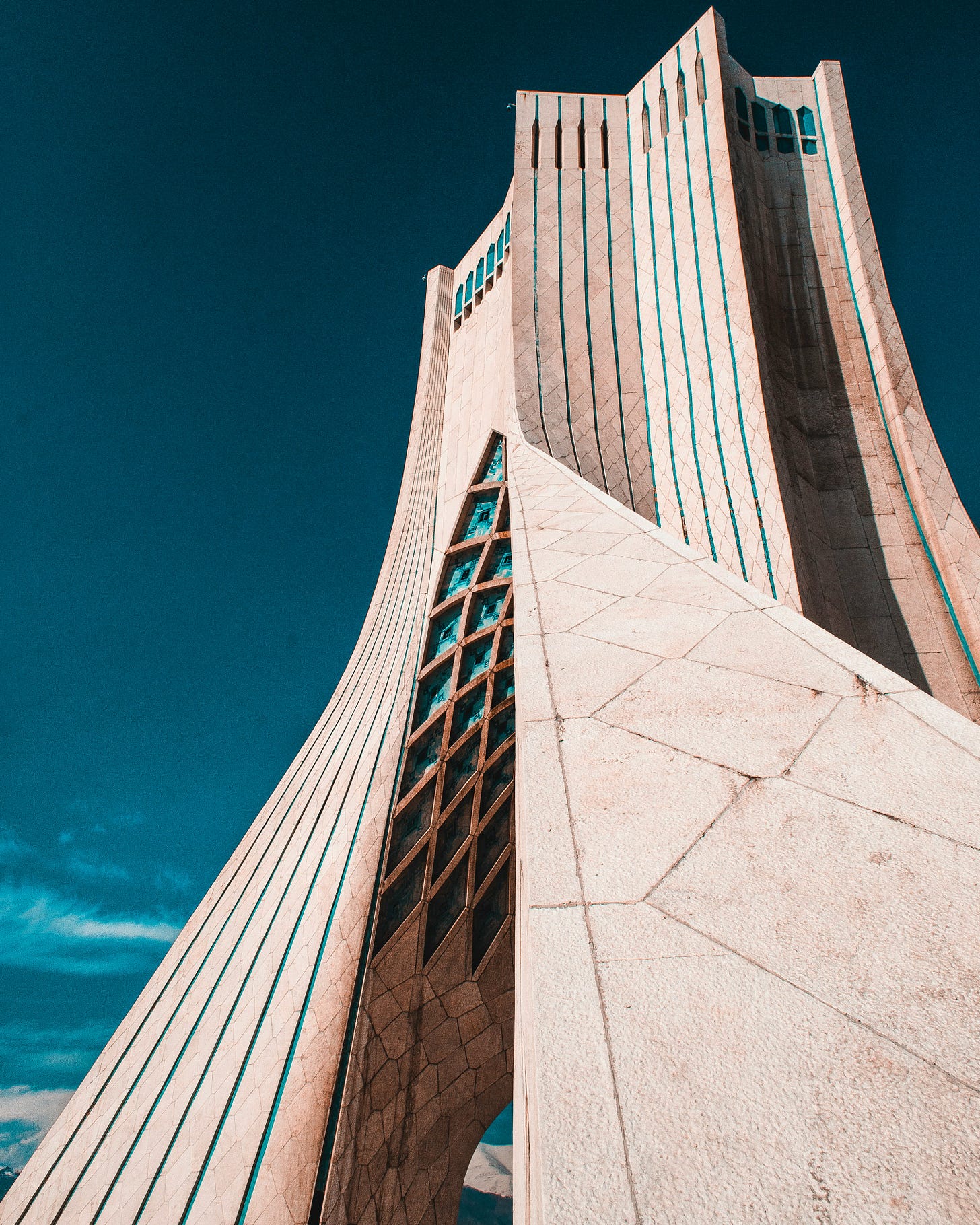
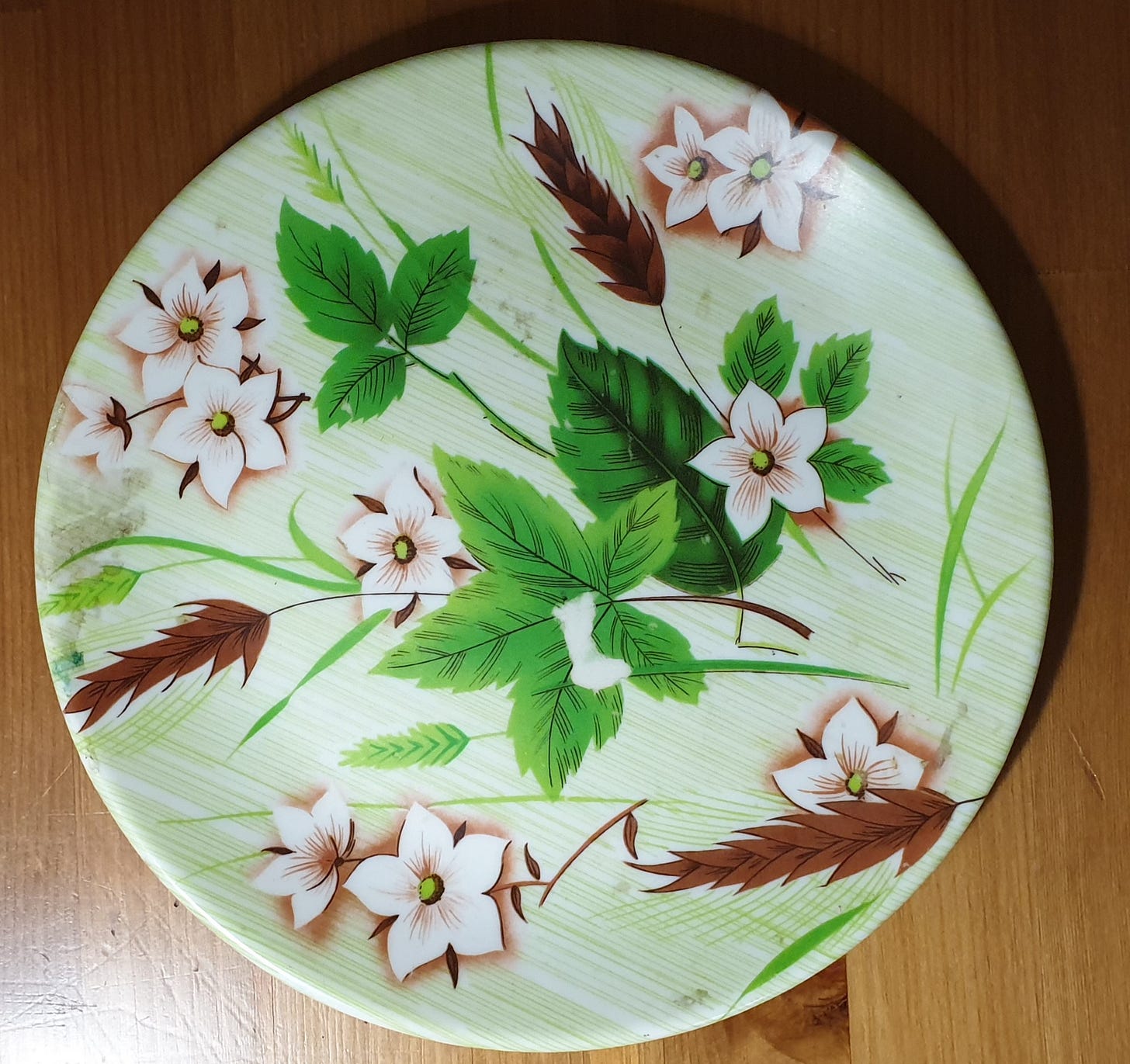
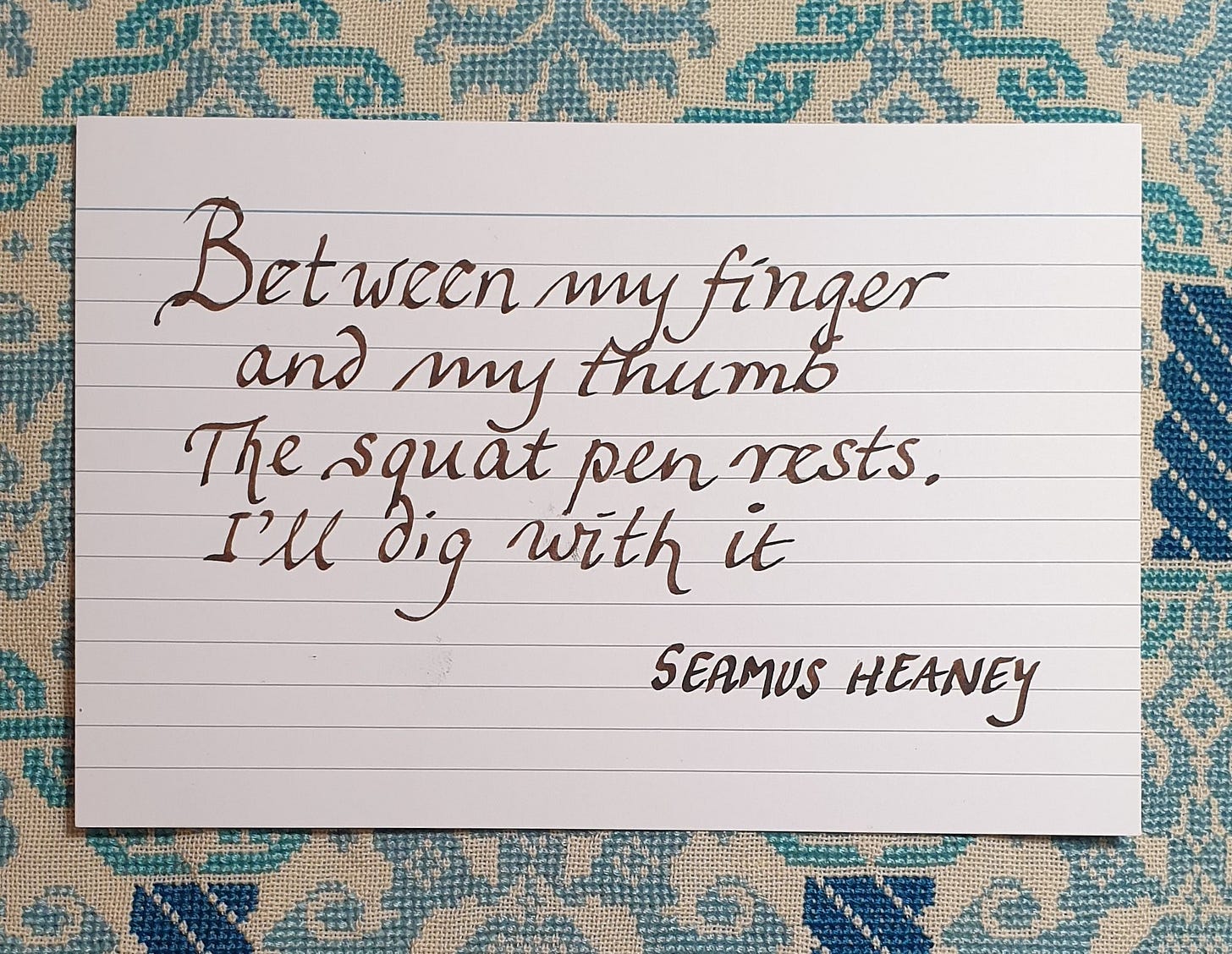
Thank you so much for sharing this moment of time Sofia—your writing had my mind believe it was there with you, in real-time. A gorgeous piece x
I really enjoyed reading that Sofia. I stayed in Tehran in 1974 with friends from the British Council but then later was the recipient of much hospitality as I travelled round the country. I wrote up my notes recently but they are much more impressionistic than yours and lack the detail, warmth and perspective that you as a woman with family in the country are able to convey so well. More please!